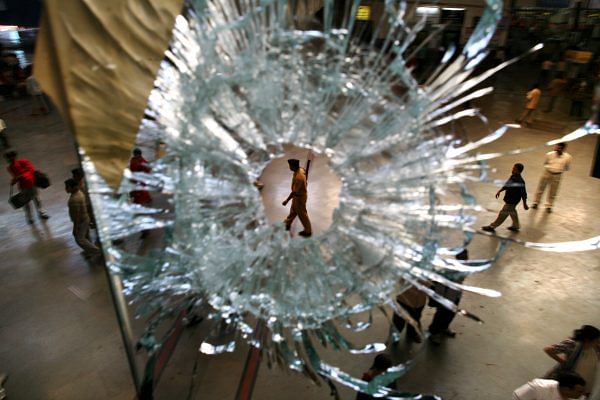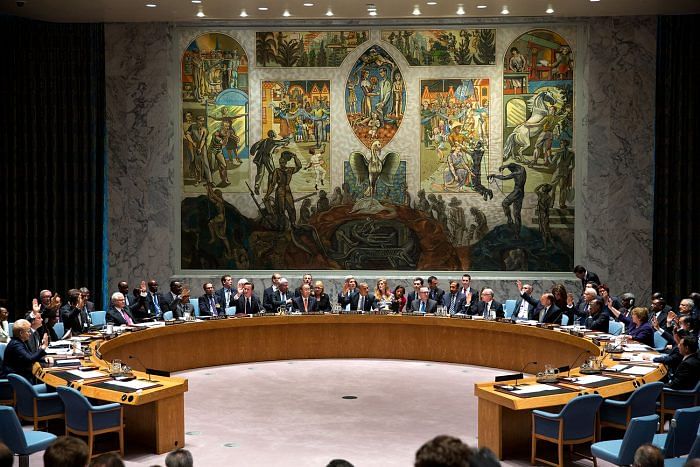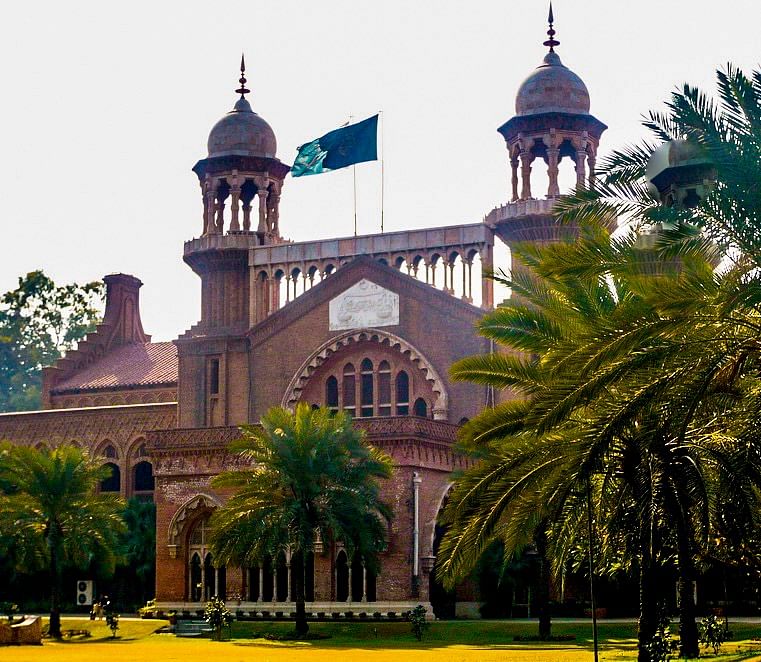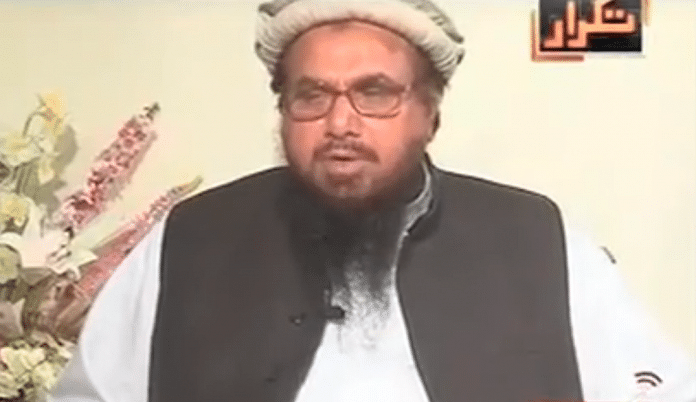Despite multiple attempts to bring Jammat-ud-Dawa chief Hafiz Saeed to justice, he’s been released after another stint of house arrest.
Saeed, said to be the founder of terror organisation Lashkar-e-Taiba, had sent hundreds of militants to fight in Kashmir since 1990 without facing any action. However, things changed after the November 2008 Mumbai attacks after which he has been constantly evading the law. Here’s a timeline of events:
26 November, 2008
Ten members of Lashkar-e-Taiba, an Islamic terrorist organisation based in Pakistan, carry out synchronized attacks at multiple locations in Mumbai and kill a total of 166 civilians. Nine militants are killed, Mohammed Ajmal Amir Kasab is the sole attacker to be caught alive.

December 2008
India sends a formal request to the UN Security Council to list Hafiz Saeed and his charity organisation, Jamaat-ud-Dawa (JuD), as known aliases of Lashkar-e-Taiba. India says “the close links between the (two) organizations are of immediate concern with regard to their efforts to mobilize and orchestrate terrorist activities.”

Saeed is listed on 10 December 2008 by the UN Security Council as “being associated with Lashkar-e-Tayyiba (LeT).”
Saeed goes on a news channel to deny this association publicly.
On 11 December, Saeed is placed under house arrest under the Maintenance of Public Order law.
June 2009
The case against Saeed drags on, until the Lahore High Court deems his containment to be unconstitutional, and orders his release.
July 2009
The Punjab provincial government files an appeal in the Supreme Court against the release order.
August 2009
On August 25, Interpol issues a Red Corner Notice (RCN) against Saeed, which is intended to compel Pakistan to share information about crimes, criminals, and threats etc. with intelligence counterparts around the world. The notice comes after India’s efforts at extraditing Saeed.
September 2009
Saeed is placed under house arrest again.
October 2009
The Lahore High Court drops all criminal charges against Saeed, saying there is not enough evidence, and that Jamaat-ud-Dawa is not a banned organization. This order comes after India gives Pakistan information against Saeed which is based on the testimony of Kasab.

May 2011
In an effort to pressurise Pakistan into action, India publishes a list of its 50 most wanted fugitives hiding in Pakistan.
April 2012
On 3 April, 2012, the United States places a 10 million dollar bounty on Saeed. JuD and Lashkar-e-Taiba are both blacklisted by the US. The JuD responds by describing the US move as “yet another attack on Islam and Muslims”.
Union Home Minister P Chidambaram says he hopes the bounty will “prod the Pakistan government to take action,” but says he isn’t too hopeful because “Pakistan was in denial and continues to be in denial.”
February 2013
As of 2013, Saeed “lives an open, and apparently fearless, life in a middle-class neighborhood” in Pakistan, according to this account by Declan Walsh.
“I move about like an ordinary person — that’s my style,” Saeed, now 64-years-old, tells the reporter.
June 2014
The United States imposes economic sanctions against two senior members of Lashkar-e-Taiba and designates Jamaat-ud-Dawa as a “front organization.”
US State Department names Jamaat-ud-Dawa a “foreign terrorist organization,” in another attempt to freeze any assets they may have under US jurisdiction.
https://www.youtube.com/watch?v=RIhI2zNunXA
January 2015
In a move towards the execution of the National Action Plan against terrorism, Pakistan’s interior ministry includes the Jamaat-ud-Dawa and the Haqqani network on a list of banned outfits.
Saeed says the ban will make no difference and his party “will continue serving the humanity on the same pattern.”
November 2016
Pakistan government bans the coverage of Jamaat-ud-Dawa and Saeed after the organisation is added to the international list of terrorist groups.
February 2016
Indian Ministry of External Affairs demands action from Pakistan, says despite the ban on JuD, Saeed continues to broadcast messages and mobilise people.
January 2017
On 31 January, the Trump administration threatens to put Pakistan on the list of nations against whom an immigration ban is imposed because their citizens are seen as a threat.

A day later, Hafiz Saeed is put under house arrest by Pakistani authorities. Pakistan’s army explains the action as a “policy decision in the national interest.” The government announces that the 90 day detention period can be extended if needed.
September 2017
Pakistan bans Saeed’s new terror front Tehreek-e-Azadi-Jammu & Kashmir (TAJK). As JuD was earlier put on the list of proscribed organisations, Saeed was forced to run his activities under the TAJK banner.
Pakistan Foreign Minister Khawaja Asif acknowledges that Hafiz Saeed, the Haqqanis and the Lashkar-e-Taiba (LeT) are “liabilities” for the country, but Pakistan does not have the required “assets” to get rid of them.
In retaliation, Saeed files a Rs. 100 million defamation case against Asif.
October 2017
Lahore High Court warns that Saeed will have to be freed from house arrest unless enough evidence is generated against him.
November 2017
Approximately 10 months after his house arrest in January, Saeed is freed once again on the orders of the Lahore High Court. The high court overrules the government’s request to extend the detention period. The government says the release of a world recognised terrorist may trigger international sanctions against Pakistan.



